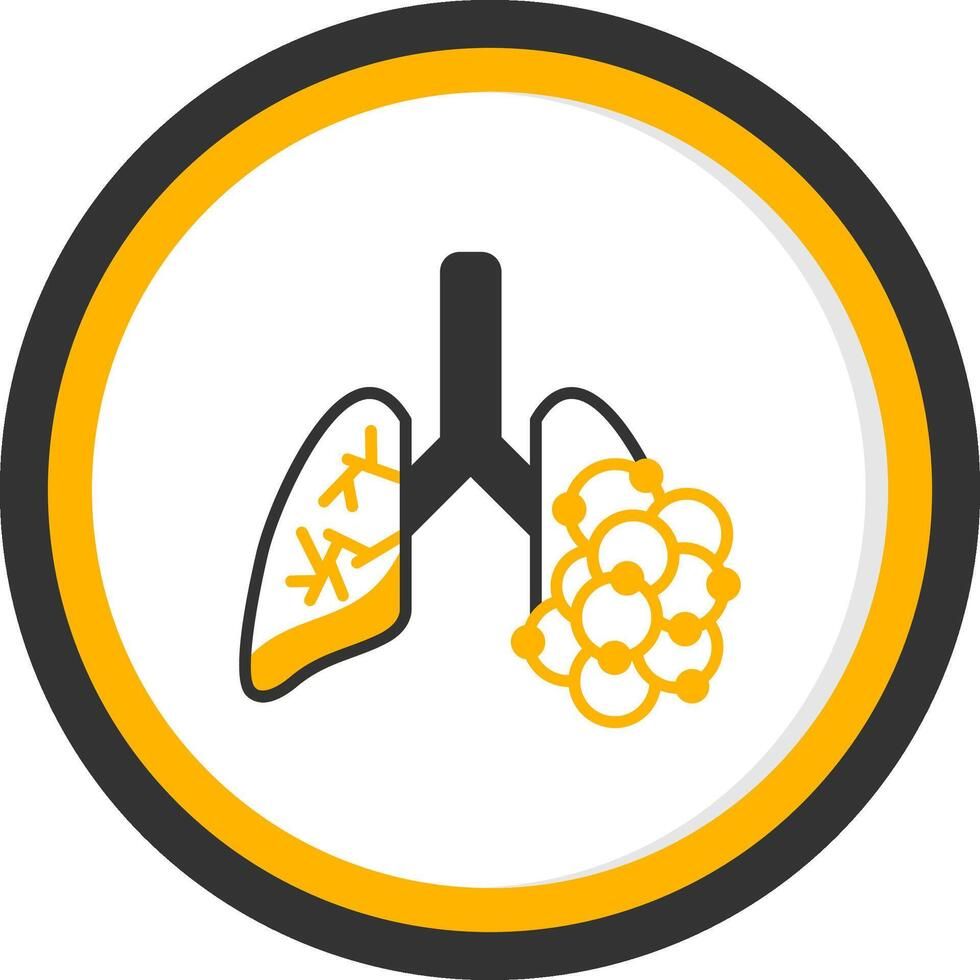What Causes It?
Severe Lung Infections – Pneumonia, tuberculosis, whooping cough.
Cystic Fibrosis – A genetic condition that causes thick mucus buildup.
Immune System Disorders – Reduced ability to fight infections.
Chronic Obstructive Pulmonary Disease (COPD) – Long-term lung damage.
Allergic Bronchopulmonary Aspergillosis (ABPA) – An allergic reaction to fungus in the lungs.
Primary Ciliary Dyskinesia – A rare inherited disorder affecting mucus clearance.
Airway Blockage – Due to tumors, foreign objects, or enlarged lymph nodes.
Autoimmune Disorders – Such as rheumatoid arthritis and inflammatory bowel disease.
Aspiration – Inhalation of food or stomach acid into the lungs.
Signs & Symptoms
Persistent cough producing large amounts of mucus.
Shortness of breath.
Wheezing.
Chest pain or discomfort.
Fatigue
Repeated chest infections.
Blood in mucus (hemoptysis).
Weight loss.
Clubbing of fingers (in advanced cases).
